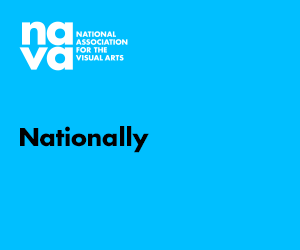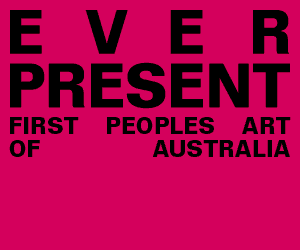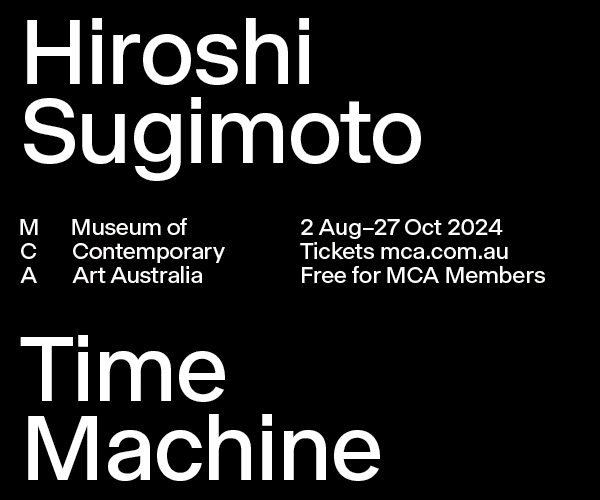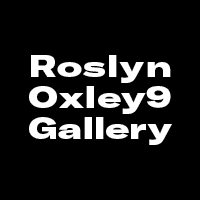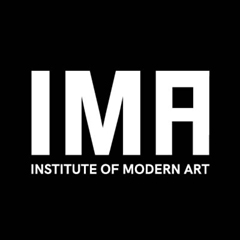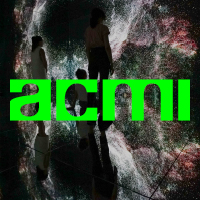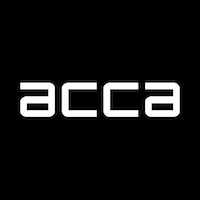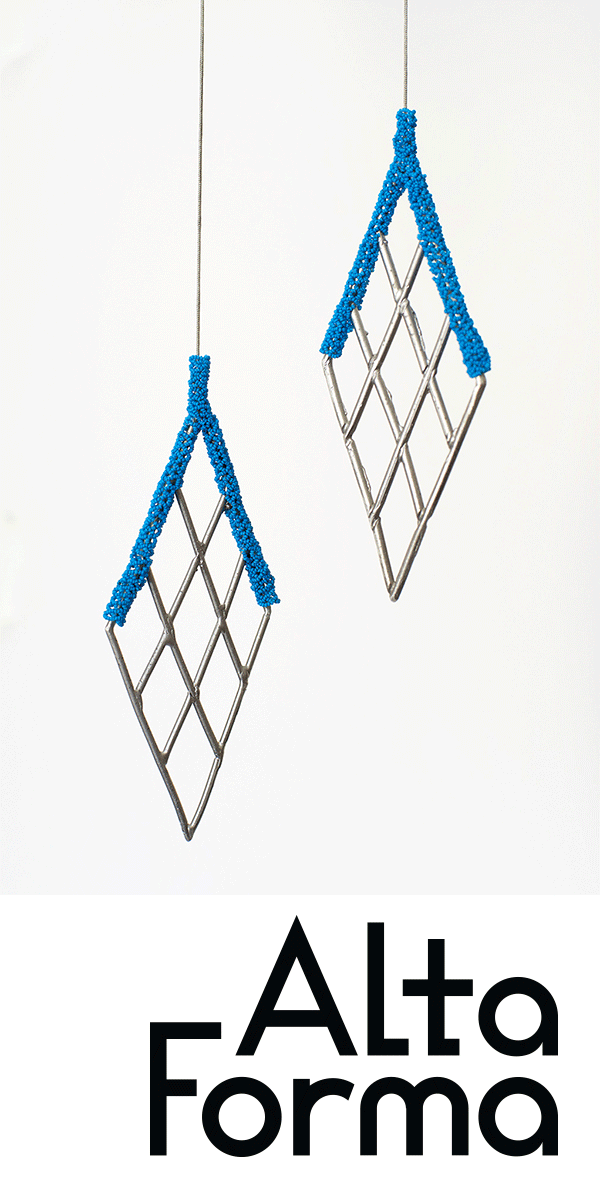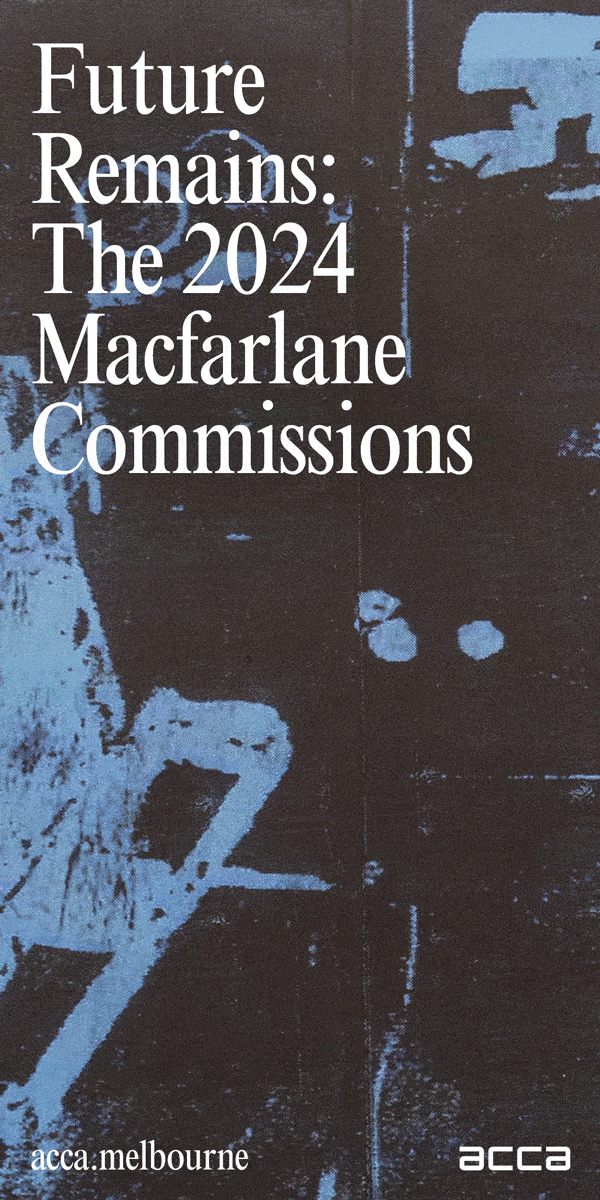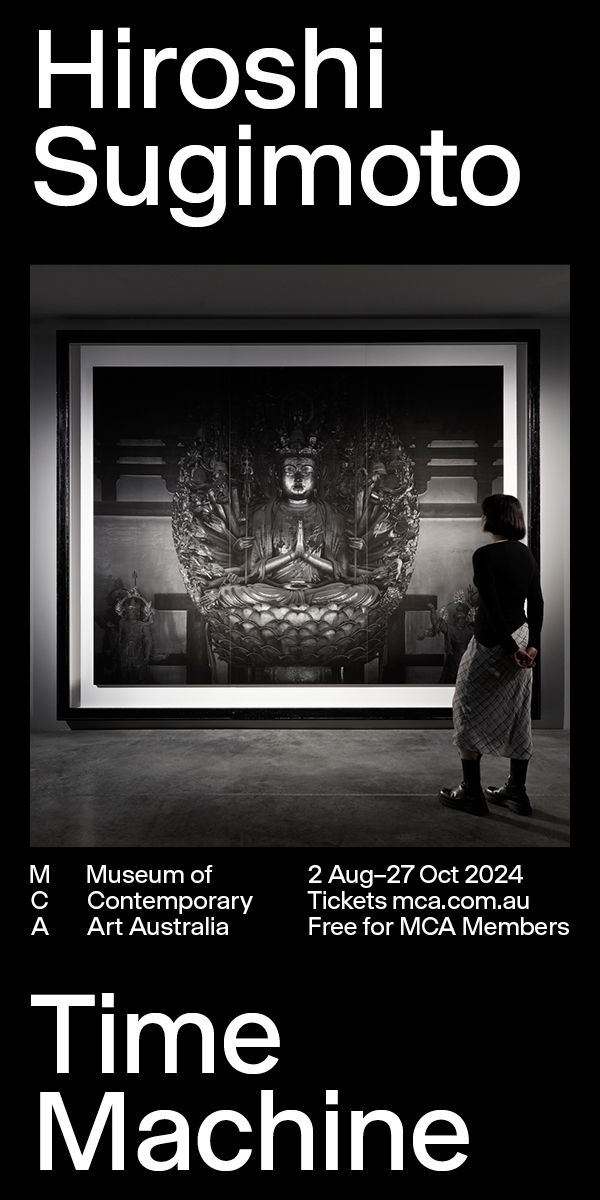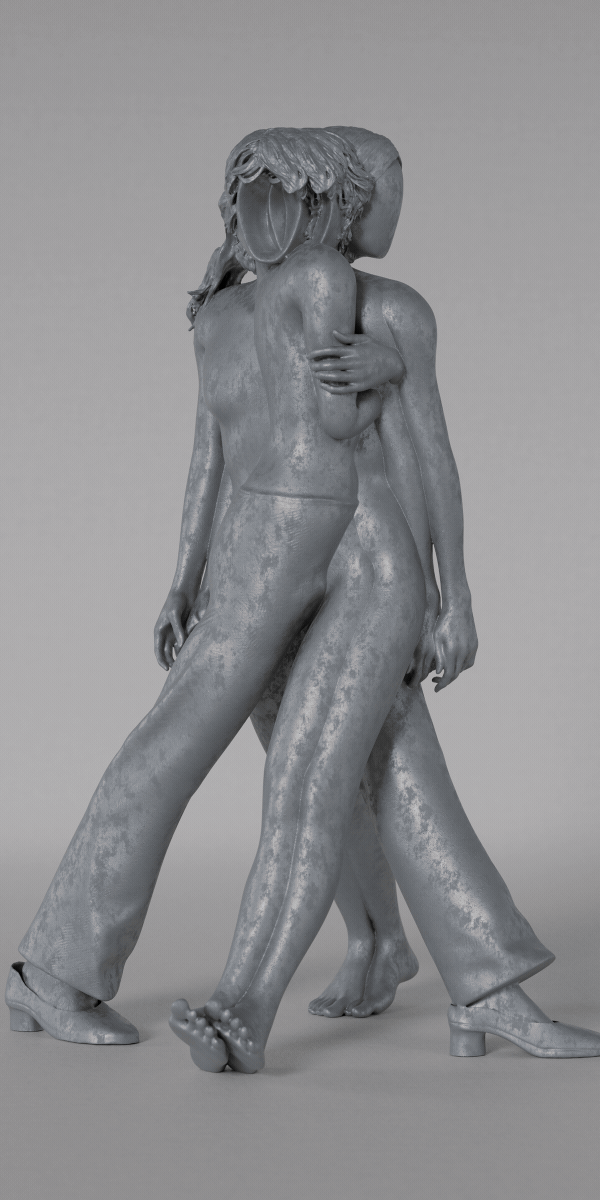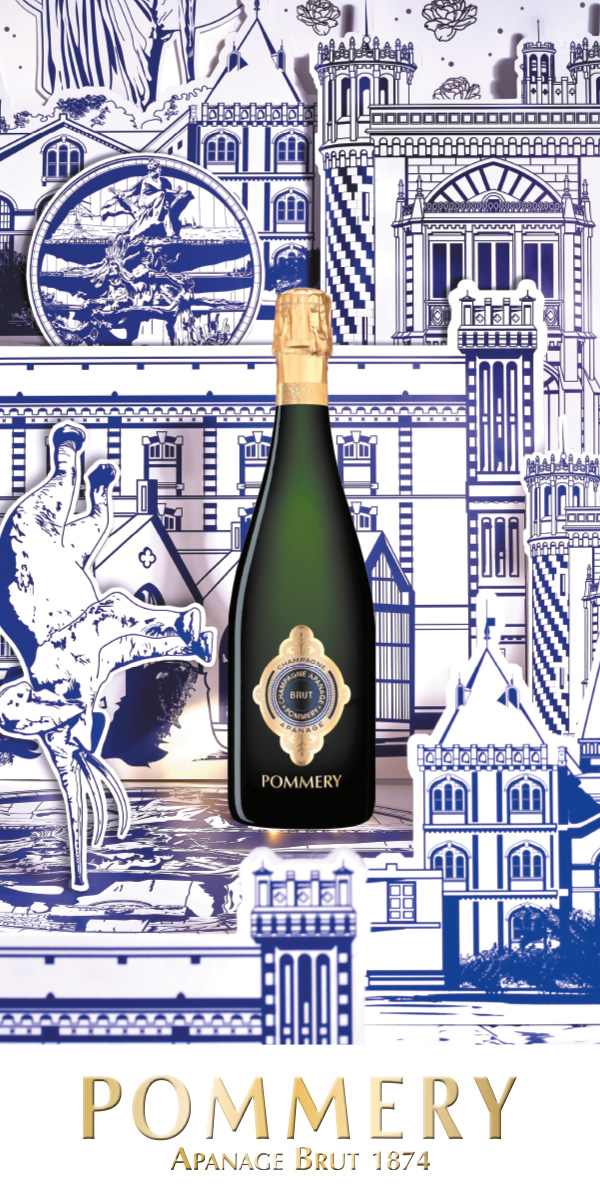Q&A: Mickalene Thomas
Mickalene Thomas came to the attention of the art world early in her career, and the mid-90s excitement over her work has not diminished. Thomas’ work is both accessible and complex, with sometimes subtle references and other times a blazing rage against the machine, aligning historical precedent in context and materials. Juggling high and low culture, Thomas grapples with accessibility and the collaborative responsibility of both the artist and institution to break down demographic barriers in, and to, her work. Echoing the Donna Summers classic, “she works hard for the money, and you better treat her right.”

Image credit: Mickalene Thomas, Resist #8 (Pitcher and Skeleton), 2022, rhinestones, oil pastel, acrylic and oil paint on canvas mounted on wood panel, 152.4 x 228.6 cm. Courtesy Mickalene Thomas Studio
You are one of two female artists (along with Katherine Bernhardt) represented in the exhibition Pop Masters, slicing through the male pop agenda. We’re showing I’ve Got it Bad and that Ain’t Good (2006), a powerful work from the She Works Hard for the Money series that casts light on the limited narratives that exist around Black women in popular culture. I have read of your work that it “reassembles narratives that look to a more honest future.” If that future is now, how honest are we? How has, for you, this story evolved?
That’s a good question. You know, I made that work very early in my career and it was probably one of the first muses that I started to use. I was looking at a lot of different images and I was really interested in Black erotica. I’m still interested in Black erotica, but at the time I was also interested in it from a very personal point of view, and how it could influence the way I see myself and how the women that I was portraying see themselves. How it could empower us to redefine our own sense of sexuality and prowess and what that means in terms of claiming ownership of our bodies.
So when I think about how it’s reassembled today, I think that, as Black women, we definitely have a stronger presence and voice compared to the women who came before us. Not that they didn’t have their voice, but the light that was on them was dimmed. There are still struggles of course, we still have to prove ourselves – often, when we force the... Subscribe to read this article in full




